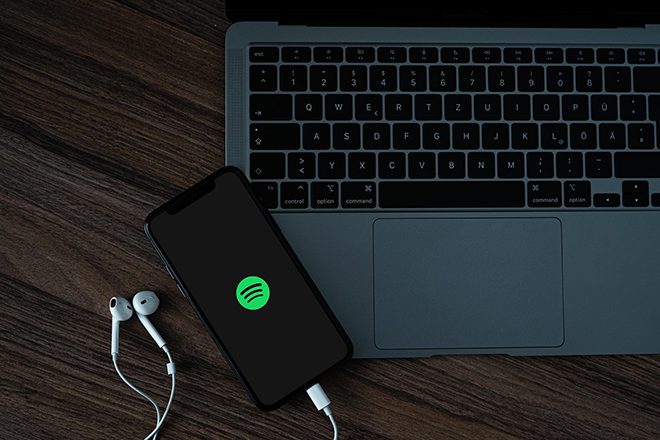Spotify reinstates tracks from AI music generator following "fake stream" allegations
AI application Boomy has created over 14 million songs since 2019

Spotify has reinstated tracks from Artificial Intelligence (AI) generator Boomy after allegations it was “fake streaming”.
The AI music application claims to create “original songs” which were uploaded to Spotify last week before the streaming service blocked its content over allegations of “stream manipulation”, Music Tech reports.
On May 6, Boomy Tweeted that its releases by the applications artists had been “re-enabled” on the streaming service with the statement: “Supporting our artists and creators who use the Boomy platform is our top priority, and we greatly appreciate your patience these past few days.”
“Artificial streaming is a longstanding, industry-wide issue that Spotify is working to stamp out across our service. When we identify or are alerted to potential cases of stream manipulation, we mitigate their impact by taking action that may include the removal of streaming numbers and the withholding of royalties,” a Spotify spokesperson told MusicTech.
In response, Boomy CEO Alex Mitchell stated to the publication that the platform is “categorically against any type of manipulation or artificial streaming” adding that its top priority is supporting artists and creators who use their services.
“We are working with industry partners to address this issue and restart the distribution of Boomy artist content on the Spotify platform,” he explained.
As of this week all tracks have reappeared on Boomy’s playlists on Spotify.
Last month, Universal Music Group announced that it will be blocking AI companies from accessing music from its artists’ back catalogues and using their music to train AI software.
In the email – verified by Billboard – UMG outlined how it had become aware that certain AI services had been trained on music that is protected under copyright law, “without obtaining the required consents” from the song owners.
“We expect our platform partners will want to prevent their services from being used in ways that harm artists,” it confirmed.
[Via: MusicTech]


